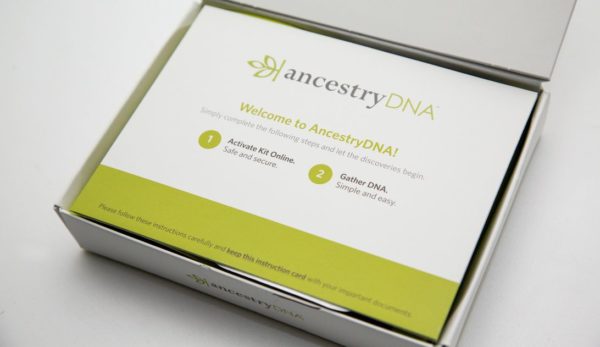

Ancestry declined to give law enforcement access to its DNA database, the company said Tuesday.
Ian Knighton/CNET
Ancestry received a request from law enforcement to access its genetic database in 2019, but the company said no, according to a transparency report released in late January. The warrant, reported earlier on Monday by Buzzfeed, came from a court in Pennsylvania, but the DNA analysis company said it was improperly served. The warrant could have let law enforcement officers have access to 16 million DNA profiles from the company’s customers.
The transparency report comes at a time when law enforcement agencies around the country have cracked dozens of murder, rape and assault cases, some from decades ago, using a technique called genetic genealogy. The practice relies on investigators having access to a large cache of DNA profiles, and raises concerns among privacy watchdogs.
An Ancestry spokesperson said in a statement that the company hasn’t received any followup since it fought the warrant. The company said it declined law enforcement access to its database as part of its larger commitment to user privacy.
“Not only will we not share customer information with law enforcement unless compelled to by valid legal process, such as a court order or search warrant, we will also always advocate for our customers’ privacy and seek to narrow the scope of any compelled disclosure, or even eliminate it entirely,” the spokesperson said.
Genetic genealogy works by comparing crime scene DNA to profiles in genetic databases. Among all the profiles, investigators can find distant relatives of the nameless suspect. Then, investigators use traditional genealogical research to identify possible suspects, who are then tested for a DNA match to the crime scene. Some suspects have pleaded guilty, others are deceased, and others are awaiting trial. At least one case has led to a trial conviction so far.
Investigators have relied on the GEDmatch service for most of their investigators to date. GEDmatch was founded by DNA hobbyists who wanted to create a place for people to upload their genetic profiles from any number of services, including Ancestry and 23andMe, to connect to relatives and research genetics. The website changed its terms in 2019, requiring users to opt their data into law enforcement investigations, narrowing the pool of data for investigators to use in their inquiries.
The technique gives law enforcement agencies access to much more genetic information than they typically use when looking at crime scene DNA. Criminal investigators typically create a DNA fingerprint from forensic samples, stripping away all the genetic information that could reveal personal characteristics like hair and eye color or genetic health conditions. With genetic genealogy, investigators need to include that information in order to identify relatives.
Ancestry said it did comply with six other law enforcement requests, which related to “credit card misuse, fraud, and identity theft.”












